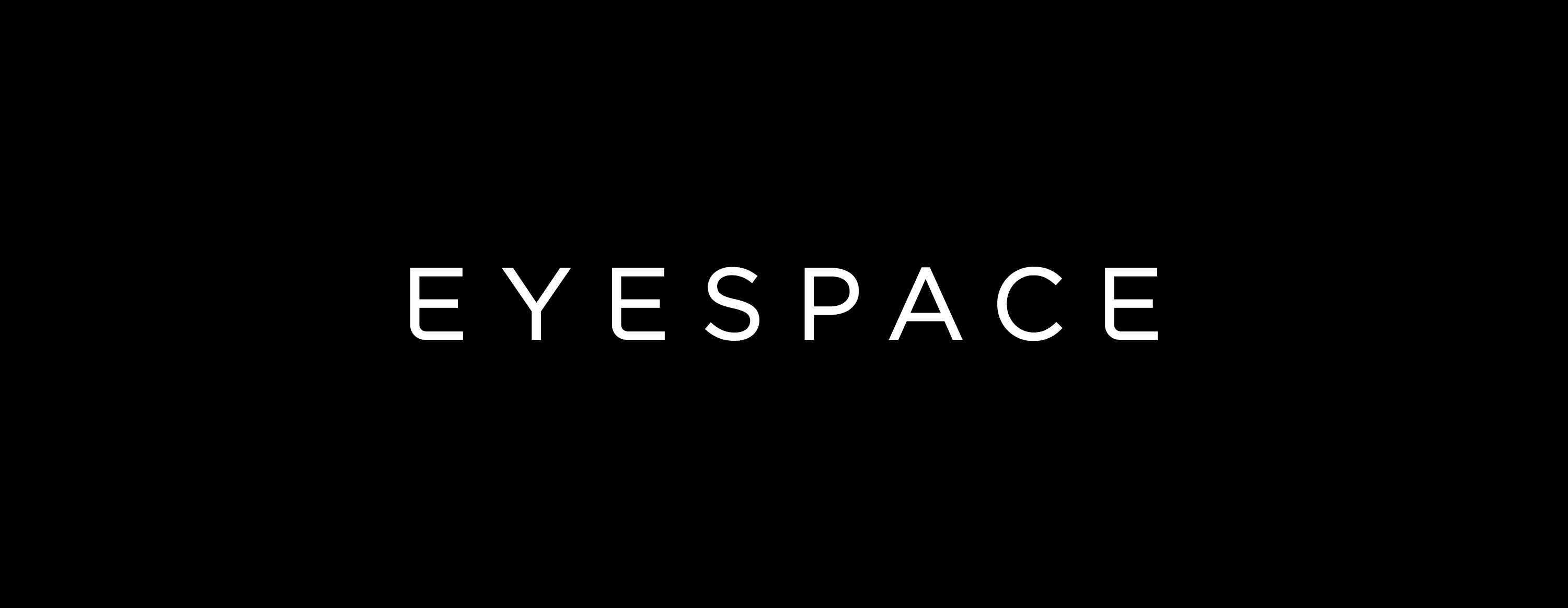

Eyespace Eyewear

Worcestershire, United Kingdom
November 2023
Apparel
Wholesale/Retail
United Kingdom
One of the most forward-thinking companies in eyewear, Eyespace is focused on trend-led and distinctive frames that feel wearable and that celebrate the uniqueness of optics. A portfolio of eleven best-selling brands includes globally renowned icons Range Rover, Aspinal of London, Land Rover and Defender, offered through independent opticians and optical chains in 65 countries across six continents. On a mission to move the optical industry forward on its sustainability journey with ease, we take responsibility for the impact our actions have on the environment and are fully committed to reducing that impact; we produce our award-winning eyewear and sunglasses with the World’s most reputable factories, using the finest sustainable materials available. All our brands now contain sustainable products and we are rapidly working towards targets that will see 50% of our thousands-strong product line become sustainable. We are also steadfastly removing all single-use plastics traditionally provided with frames and have bold emissions targets that aim to see us reach net-zero emissions by 2030. Now entering our second decade, we do so proudly as part of the B-Corp community. As a leader in sustainability, we are dedicated to reviewing our practices daily, finding the most mindful sol
Overall B Impact Score
Governance 19.5
Governance evaluates a company's overall mission, engagement around its social/environmental impact, ethics, and transparency. This section also evaluates the ability of a company to protect their mission and formally consider stakeholders in decision making through their corporate structure (e.g. benefit corporation) or corporate governing documents.
What is this? A company with an Impact Business Model is intentionally designed to create a specific positive outcome for one of its stakeholders - such as workers, community, environment, or customers.
Workers 21.0
Workers evaluates a company’s contributions to its employees’ financial security, health & safety, wellness, career development, and engagement & satisfaction. In addition, this section recognizes business models designed to benefit workers, such as companies that are at least 40% owned by non-executive employees and those that have workforce development programs to support individuals with barriers to employment.
Community 15.6
Community evaluates a company’s engagement with and impact on the communities in which it operates, hires from, and sources from. Topics include diversity, equity & inclusion, economic impact, civic engagement, charitable giving, and supply chain management. In addition, this section recognizes business models that are designed to address specific community-oriented problems, such as poverty alleviation through fair trade sourcing or distribution via microenterprises, producer cooperative models, locally focused economic development, and formal charitable giving commitments.
Environment 22.5
Environment evaluates a company’s overall environmental management practices as well as its impact on the air, climate, water, land, and biodiversity. This includes the direct impact of a company’s operations and, when applicable its supply chain and distribution channels. This section also recognizes companies with environmentally innovative production processes and those that sell products or services that have a positive environmental impact. Some examples might include products and services that create renewable energy, reduce consumption or waste, conserve land or wildlife, provide less toxic alternatives to the market, or educate people about environmental problems.
Customers 4.4
Customers evaluates a company’s stewardship of its customers through the quality of its products and services, ethical marketing, data privacy and security, and feedback channels. In addition, this section recognizes products or services that are designed to address a particular social problem for or through its customers, such as health or educational products, arts & media products, serving underserved customers/clients, and services that improve the social impact of other businesses or organizations.